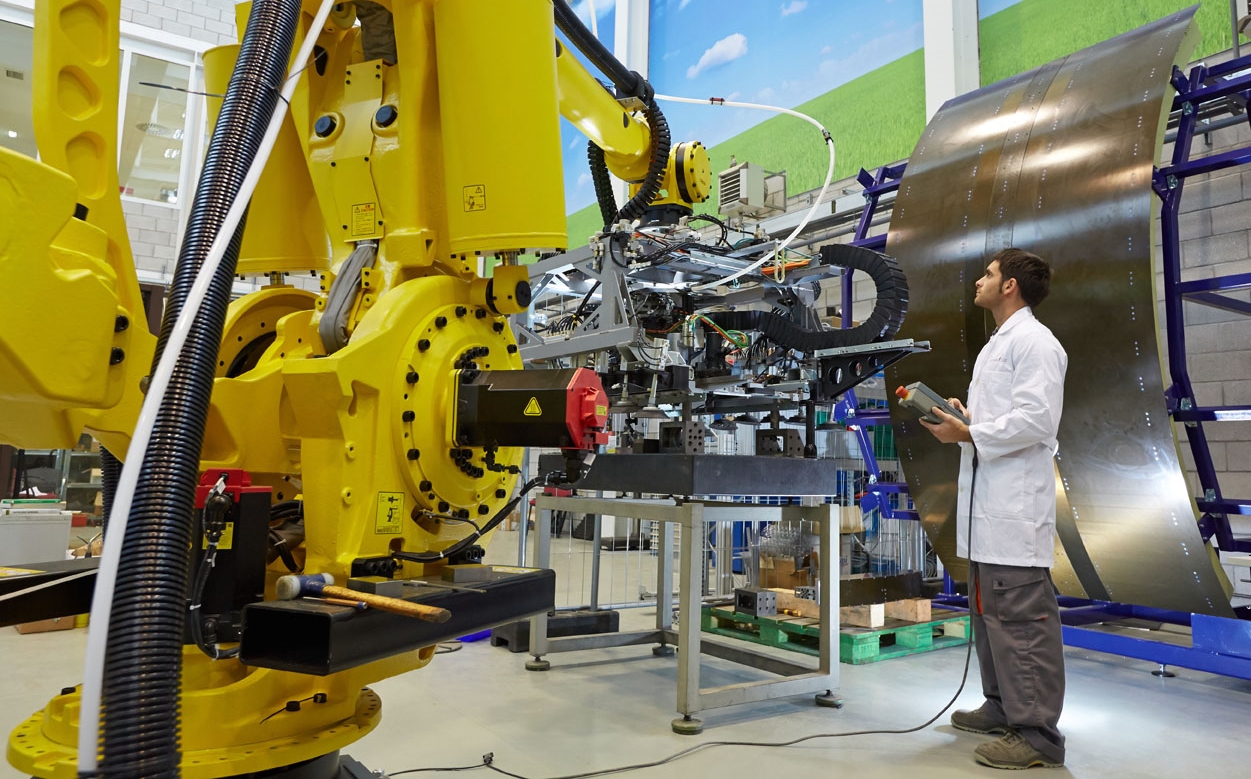This reading group is an opportunity for us to explore how mobilities research is responding to pressing questions about robots, automation, and our technological futures. From the new kinds of micro-bodily movements that are created by these technologies, up to the larger-scale movements of workers who have been displaced by them, a mobilities perspective provides a unique way of anticipating and understanding the complex socio-technical futures that robotics is giving rise to.
There is one main paper to read by Bernard Stiegler, a philosopher-sociologist who has contributed significantly to conceptual debates on automation and labour: Bernard Stiegler, Introduction to Automatic Society 1: The Future of Work. Cambridge: Polity. [published in La Deleuziana: Online Journal of Philosophy, no. 1 (2015)]
There are four supplementary papers for those of you who are interested in other ways that people are writing about automation. These papers come from a range of disciplines and are meant to engage us, as mobilities researchers, in some of the broader theoretical and methodological questions circulating right now:
- David Bissell and Vincent J. Del Casino Jr, “Whither labor geography and the rise of the robots?” Social & Cultural Geography 18, no. 3 (2017): 435-442.
- Maaike Bleeker, “FCJ-206 From Braitenberg’s Vehicles to Jansen’s Beach Animals: Towards an Ecological Approach to the Design of Non-Organic Intelligence,” The Fibreculture Journal 28: Creative Robotics (2017).
- Katherine N Hayles, “Cognition everywhere: The rise of the cognitive nonconscious and the costs of consciousness,” New Literary History 45, no. 2 (2014): 199-220.
- Jackie Stacey and Lucy Suchman, “Animation and Automation–The Liveliness and Labours of Bodies and Machines,” Body and Society18, no. 1 (2012): 1-46.
You can find all the papers here.
In framing our discussion, it might be useful to consider the following:
1. What are the primary sets of questions animating this set of reading?
2. What are the significant theoretical and methodological challenges this sort of work engages?
3. What does this set of readings have to say to us, as mobilities researchers? What sorts of questions might be/should we be asking?
This Reading Group will be chaired by CeMoRe visiting fellow David Bissell. We will meet on Wednesday 21st June, 4-5 pm in Mobilities Lab. David Bissell is a mobilities scholar whose research explores relations of mobility, technology and labour. His interest in automation stems from a project that he is currently working on with Anthony Elliott and Thomas Birchnell that is exploring how automation, robotics and AI are transforming labour practices and mobilities in Australia. More information on the project can be found here: www.robotic-futures.com.
Acknowledgements
cover photo: ‘Robotic Manufacturing Cell‘ by Tecnalia (CC BY-NC-ND 2.0), via Flickr




